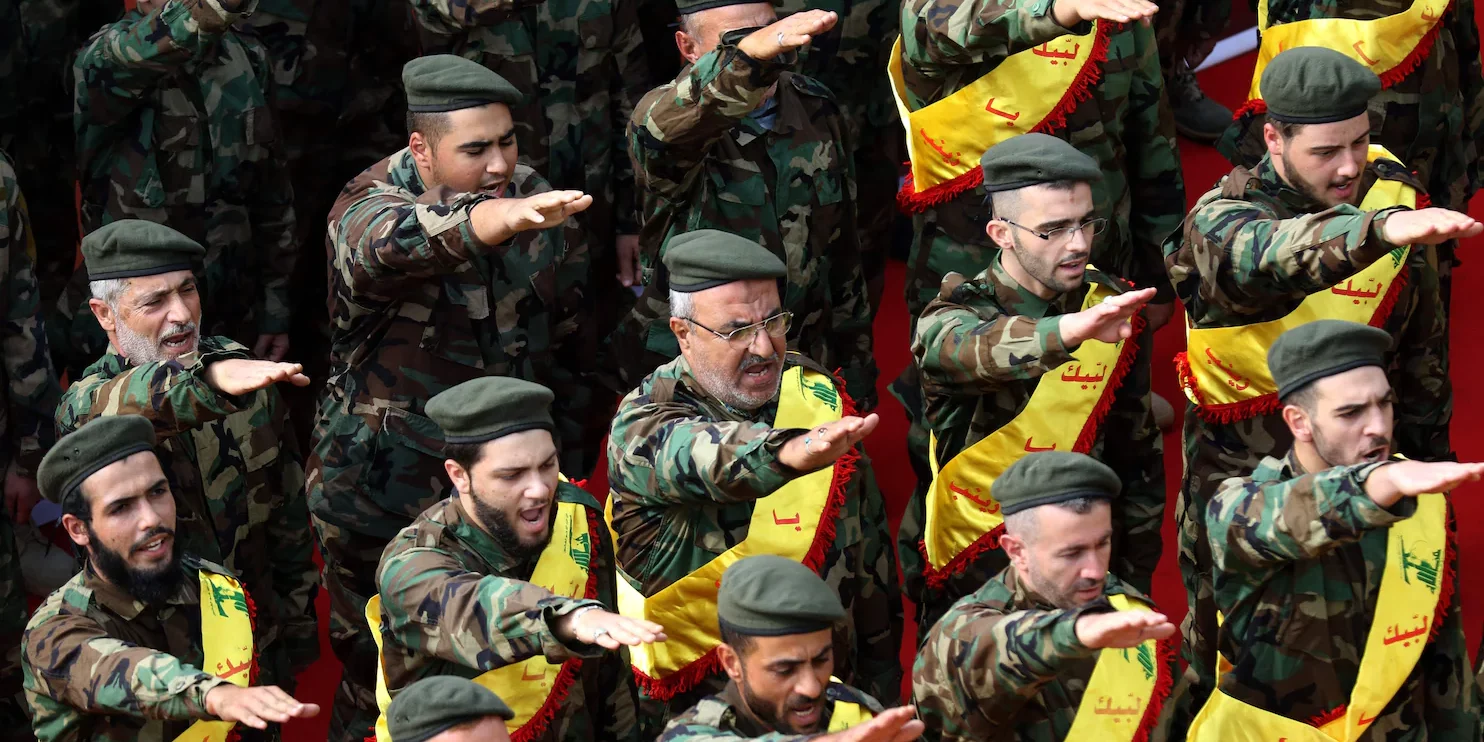Hezbollah is storing hundreds of missiles carrying a toxic chemical payload at a warehouse in Al Qusayr, near the Lebanese-Syrian border, the Saudi Al-Hadath news reported on Sunday.
The missiles include 110 Fajr missiles and over 300 Fateh missiles and are all carrying thionyl chloride, a toxic chemical, according to the report. The weapons and other equipment were transferred from the Syrian Scientific Studies and Research Center (SSRC) in Masyaf to the location in Al Qusayr nearly two weeks ago.
Sources informed Al-Hadath that experts from North Korea injected the toxic chemicals into the missiles under the supervision of an Iranian national and expert specializing in chemical weapons, identified as Qassem Abdullah Massoudyan.
The Islamic Revolutionary Guard Corps (IRGC) Unit 2250 was in charge of transporting the missiles to Al Qusayr, with an IRGC operative named ‘Abd al-Ilah Bagheri, also known as Hajj Sadiq, supervising the move, according to the report.
The Saudi news channel added that the missiles are only being temporarily stored in Al Qusayr and will be moved on to the Bint Jbeil area of the Nabatiyeh governorate in Lebanon near a base belonging to UNIFIL.
Israel has operated against Syria’s chemical weapons facilities in the past, including the SSRC facility in Masyaf.
Alleged Israeli airstrikes targeted sites near Masyaf in August, reportedly hitting the SSRC.
In September, Defense Minister Benny Gantz revealed a map showing over 10 different facilities used by Iran to produce advanced missiles and weapons for its proxies in the SSRC in Masyaf.
Last year, The Washington Post reported that alleged Israeli airstrikes had targeted three chemical weapons facilities in Syria, including a facility in Masyaf.
On Saturday morning, alleged Israeli airstrikes targeted sites in the central and coastal regions of Syria, reportedly hitting sites belonging to pro-Iranian militias between Homs and Masyaf. Four Syrian soldiers were killed in the strikes, according to Syrian state media.
What is the IRGC’s Unit 2250?
Unit 2250 was first reported on by Iran International in September, which claimed that alleged Israeli airstrikes targeted sites belonging to the unit near Damascus in mid-September.
The unit is a subset of the IRGC’s Unit 2000 and is charged with receiving incoming equipment, weapons and personnel from Iran as well as supporting Iran-backed militias in Syria. The report identified a person known as “Seyyed Reza” as the head of the unit’s office in Damascus and Abdollah Edabi and Meysam Katbi as employees in the office.






